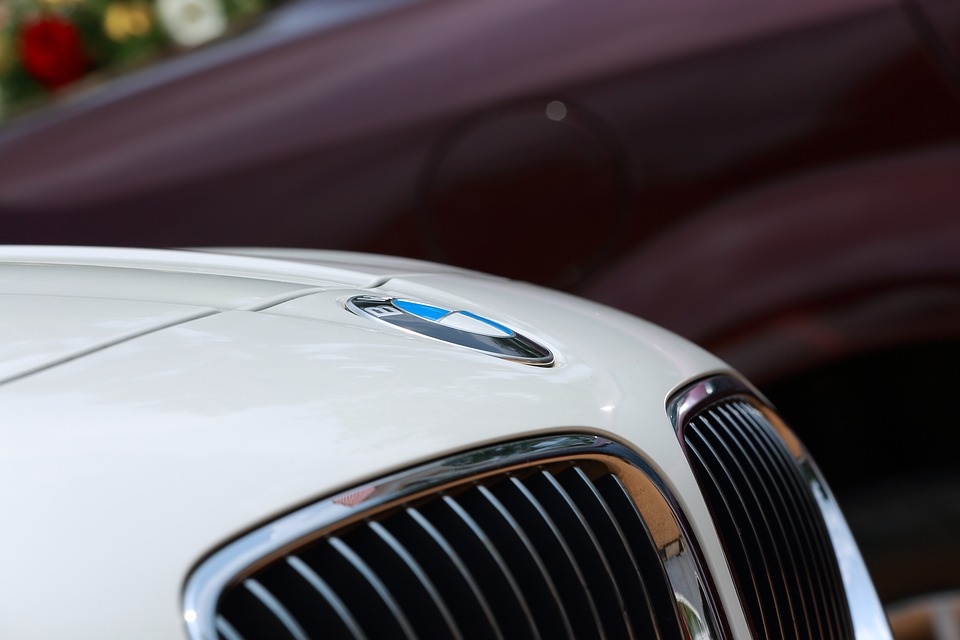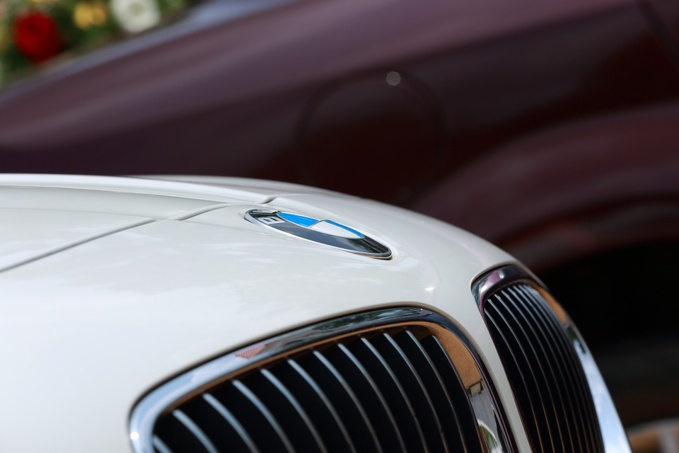Last year was marked by the fastest growth of one class of assets. In January, the aggregate capitalization of crypto currencies amounted to $ 17.7 billion. For 12 months, it soared 33 times, almost to 600 billion. Crypto currencies grew for many reasons, but the main factor was the huge interest in the blockchain technology.
The public learned about blockchain after the appearance of Bitcoin in 2009. Initially, the technology was meant to eliminate some of shortcomings of the banking system, such as exorbitant commissions and long settlement periods.
The developers achieved this in the simplest and most obvious way. They eliminated banks from the equation (as a result, they managed to significantly reduce costs) and used blockchain to process transactions around the clock. Depending on the implementation, some blockchain-based projects can conduct international payments in seconds (this operation takes up to five business days in an existing banking system).
However, gradually blockchain went beyond the limits of crypto-currency applications. For example, many companies are interested in capabilities of blockchain in managing supply chains. The transparent and unchanging nature of the technology helps to track the movement of goods in real time and monitor the quality of products based on the results of tests.
Other projects are based on the idea of blockchain-identifiers, allowing to control our digital lives. However, some of the most intriguing applications of blockchain are not so obvious. For example, the use of this revolutionary technology in cars.
On February 22, the sports car manufacturer Porsche, which is part of the Volkswagen concern, announced the world's first successful integration of blockchain into a car in cooperation with the XAIN start-up.
Why would you need blockchain in a car? Porsche believes that the new technology will receive a lot of applications. For example, it can close and open the door. This may happen six times faster than using a special application for a smartphone, because the commands do not need to go through a central server. In fact, the car becomes part of blockchain, even without connecting to the Web.
In addition, blockchain keys can be used to provide access to third parties - for example, parking attendants or mechanics. Ethereum-based smart contracts allow establishing flexible, but unchanging rules that give access to the car at a specific time or place. Also, blockchain can be used to quickly and safely pay for parking or charging batteries.
Porsche believes that it will be able to use a blockade for unmanned driving in the future. The idea is that all local data will be collected in a user's blockchain account. The system will be able to share them with other cars, independently learning and increasing safety of all connected machines.
Porsche is not the only automaker interested in the new technology. It was the first to test blockchain in its cars, but Volkswagen and IOTA are working to re-shape the entire sector with the help of this innovative technology.
There’s been two years since the grand scandal due to fraud with emissions of diesel engines. Perhaps one of the best ways to restore consumer confidence is to introduce a transparent and unchanging blockchain technology. It will provide access to test results and quality of cars and parts. Volkswagen intends to take advantage of the experience of Porsche and apply blockchain in its unmanned vehicles.
Meanwhile, on February 26, BMW announced cooperation with VeChain Thor (formerly VeChain). Although the VeChain Foundation does not provide details of the partnership, the automaker's primary goal is likely to improve efficiency of the supply chain. In addition, BMW is threatened with accusations of manipulating the results of tests of emissions of diesel engines, and the introduction of detachment will increase the confidence of consumers.
Main question
Given the damage that automakers have inflicted on their reputation with endless scandals and reviews because of the poor quality of parts, blockchain will surely make a difference. However, one important problem still remains unresolved: recognition and widespread use. As already noted, Porsche has successfully tested blockchain in its cars. At the same time, crypto-currencies such as Ripple, Ethereum and Stellar demonstrated a real opportunity to promptly conduct payments through their networks.
However, big business still does not hurry to rely on blockchain as the main way to transfer money and manage supply chains. The reason is simple: the technology has not yet proven possibility of widespread use without reducing performance. Thus, we are in a vicious circle: companies do not want to use the blockchain without making sure of its reliability and scalability, and blockchain itself cannot demonstrate its potential, as companies are afraid of using it massively.
The next two years will show whether the business will go beyond simply testing a new technology and translating it into practice. If a breakthrough happens, the blockage will have a significant impact on various areas of the world economy in the next 3-5 years.
source: fool.com
The public learned about blockchain after the appearance of Bitcoin in 2009. Initially, the technology was meant to eliminate some of shortcomings of the banking system, such as exorbitant commissions and long settlement periods.
The developers achieved this in the simplest and most obvious way. They eliminated banks from the equation (as a result, they managed to significantly reduce costs) and used blockchain to process transactions around the clock. Depending on the implementation, some blockchain-based projects can conduct international payments in seconds (this operation takes up to five business days in an existing banking system).
However, gradually blockchain went beyond the limits of crypto-currency applications. For example, many companies are interested in capabilities of blockchain in managing supply chains. The transparent and unchanging nature of the technology helps to track the movement of goods in real time and monitor the quality of products based on the results of tests.
Other projects are based on the idea of blockchain-identifiers, allowing to control our digital lives. However, some of the most intriguing applications of blockchain are not so obvious. For example, the use of this revolutionary technology in cars.
On February 22, the sports car manufacturer Porsche, which is part of the Volkswagen concern, announced the world's first successful integration of blockchain into a car in cooperation with the XAIN start-up.
Why would you need blockchain in a car? Porsche believes that the new technology will receive a lot of applications. For example, it can close and open the door. This may happen six times faster than using a special application for a smartphone, because the commands do not need to go through a central server. In fact, the car becomes part of blockchain, even without connecting to the Web.
In addition, blockchain keys can be used to provide access to third parties - for example, parking attendants or mechanics. Ethereum-based smart contracts allow establishing flexible, but unchanging rules that give access to the car at a specific time or place. Also, blockchain can be used to quickly and safely pay for parking or charging batteries.
Porsche believes that it will be able to use a blockade for unmanned driving in the future. The idea is that all local data will be collected in a user's blockchain account. The system will be able to share them with other cars, independently learning and increasing safety of all connected machines.
Porsche is not the only automaker interested in the new technology. It was the first to test blockchain in its cars, but Volkswagen and IOTA are working to re-shape the entire sector with the help of this innovative technology.
There’s been two years since the grand scandal due to fraud with emissions of diesel engines. Perhaps one of the best ways to restore consumer confidence is to introduce a transparent and unchanging blockchain technology. It will provide access to test results and quality of cars and parts. Volkswagen intends to take advantage of the experience of Porsche and apply blockchain in its unmanned vehicles.
Meanwhile, on February 26, BMW announced cooperation with VeChain Thor (formerly VeChain). Although the VeChain Foundation does not provide details of the partnership, the automaker's primary goal is likely to improve efficiency of the supply chain. In addition, BMW is threatened with accusations of manipulating the results of tests of emissions of diesel engines, and the introduction of detachment will increase the confidence of consumers.
Main question
Given the damage that automakers have inflicted on their reputation with endless scandals and reviews because of the poor quality of parts, blockchain will surely make a difference. However, one important problem still remains unresolved: recognition and widespread use. As already noted, Porsche has successfully tested blockchain in its cars. At the same time, crypto-currencies such as Ripple, Ethereum and Stellar demonstrated a real opportunity to promptly conduct payments through their networks.
However, big business still does not hurry to rely on blockchain as the main way to transfer money and manage supply chains. The reason is simple: the technology has not yet proven possibility of widespread use without reducing performance. Thus, we are in a vicious circle: companies do not want to use the blockchain without making sure of its reliability and scalability, and blockchain itself cannot demonstrate its potential, as companies are afraid of using it massively.
The next two years will show whether the business will go beyond simply testing a new technology and translating it into practice. If a breakthrough happens, the blockage will have a significant impact on various areas of the world economy in the next 3-5 years.
source: fool.com



















